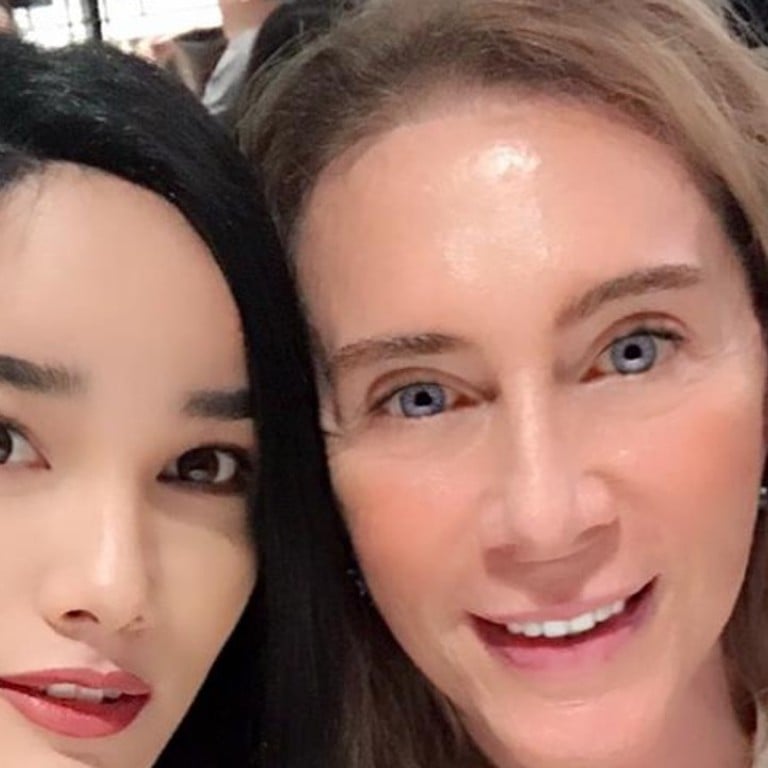
How a ‘ruthless playboy businessman’ in Hong Kong became a transgender woman
Once a son from a family behind an empire, she now gives back to a new society that accepts her, and is at peace with living two lives in one lifetime
Bobbie Huthart is enjoying a second shot at life. The 69-year-old former financial adviser previously known as Robert, son of former Lane Crawford managing director Robert Huthart Snr, is now living as a transgender woman in Bangkok, Thailand, after calling Hong Kong home for decades.
In 2015, she came out to friends and family as transgender, and eventually decided to have full gender reassignment surgery in Thailand. Last year, her incredible journey was featured in a documentary from TV series Vice, called Out of Place: The Trans Chinese Community Fighting for Gender Equality.
The show also featured stories from other transgender people living in Hong Kong and mainland China. Huthart, who has three children – two daughters aged 16 and 33 and a son aged 27 – will return to her home city in September for a special screening of the documentary at the Hong Kong Lesbian and Gay Film Festival.
Transgender recognition in Hong Kong up for public consultation
After a life of luxury, she now devotes her efforts to her charitable foundation, which supports a variety of people in need, from transgenders considering surgery to children seeking better educational opportunities.
Huthart spoke to City Weekend about becoming happy in her own skin, healing family rifts and being inspired by former American Olympian and reality TV star Caitlyn Jenner.
How did you feel as a transgender person growing up in Hong Kong?
In many ways, I had a fabulous life. I was a total playboy in my youth. I was a ruthless businessman. I had a great sporting life and lots of friends. My testosterone levels were higher, so I guess I was a bit over the top in that way.
As half-Chinese, I felt I had a duty to my family to take care of my children. My mother’s side of the family has been in Hong Kong for 400 years, and of course my father was part of the Lane Crawford empire. My late brother, Gordon, regarded by many as the founder of Lan Kwai Fong, was openly gay and set up gay club Disco Disco. My brother’s coming out as gay caused my father grief, but he loved Gordon so much and he always said that at least he had another son, me, to have grandchildren in the Huthart name.
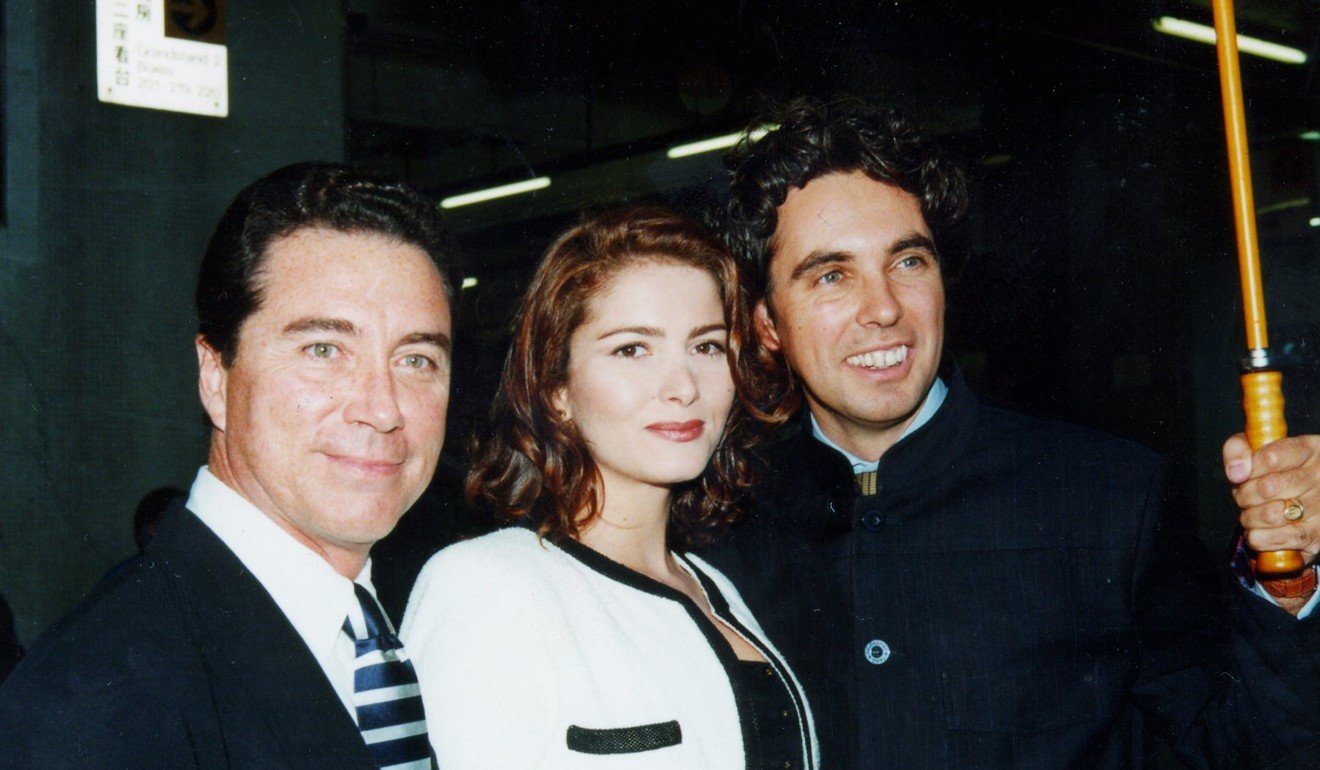
Thus I felt my life was cast in stone. I was able to be somewhat comfortable as a male and I did not know there was another option. After all, I understood you were straight or gay – there was no other label.
But when I had completed my obligations, I started to feel what we call “gender dysphoria”. I started thinking about it more and more. I thought to myself: “Do I want to live a life unfulfilled?” I knew I wasn’t gay. I just thought I was a quirky person with a quirky personality.
When did you start to consider having gender reassignment surgery?
About 20 years ago, I had a relationship with a transgender girl in Phuket, who had changed completely to become female. She was a wonderful person and being with her was a wonderful experience which changed how I saw my situation forever. I had always assumed that transgender people were perverts – that they were hookers and dancers or in the sex industry – and I was not aware there was a normal life for many transgender people. It was a time that preceded the internet so access to information of this nature was difficult.
In Hong Kong society, I was shielded from any exposure and of course, there was my family duty. Thus, this relationship made me realise that not only was a normal life as a transgender person possible, but that I was not a freak of nature. I realised I was a derivative of gender and a human being with value.
Hong Kong law must change to recognise my true self, transgender activist says
Why did you decide to publicly speak about your gender transition in a documentary?
I thought so many people hid in the shadows, but I wanted to go out and show people who I was. I did not want to present it as though I was miserable before surgery. I’ve had a good life and now I’ve lived to experience both sides, being male and female.
I still have former friends who cannot accept me. One male childhood friend, who is from a high-profile Hong Kong family, told me: “I don’t want to know you anymore”. Before my surgery, he said he would rather I’d told him I had cancer than telling him I was going to live as a transgender woman. I’m from a group of very powerful men in Hong Kong. I speak fluent Cantonese. When I look back, I find it hard to believe that I did what I did.
How do you identify yourself now?
I describe myself as female transgender. I’m neither a man nor a woman. I am so proud to be a third gender. But some people do not understand who we are.
Each night, for as long as I can remember, maybe from about 10 years old, I dreamed of being female. I knew I was not gay. I was not like my brother. So I kind of rationalised this was just a quirky male fantasy and that every male had this thought. There were other strong behavioural patterns which should have been evident but I won’t dwell on that now.
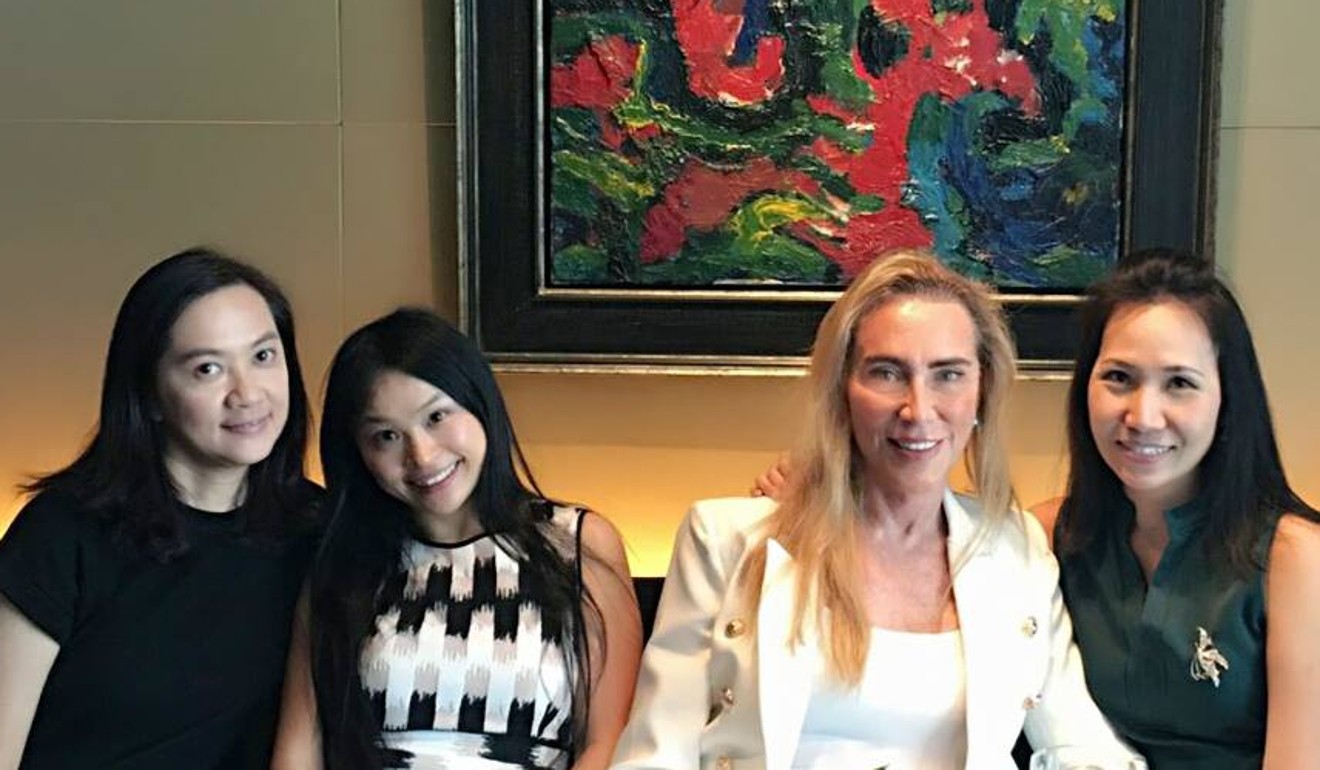
One of the greatest things in life is that you do not necessarily know the power of hormones. I became aware of my empathy for others as I started taking female hormones, specifically oestrogen, as part of my gender reassignment process.
A big inspiration for me was when former Olympic decathlon star Caitlyn Jenner came out as transgender in April 2015. I actually had my surgery before her, but it really opened my eyes when she came out. Those people in the public eye are the really brave ones.
Why did you decide to stay in Thailand after you underwent surgery for gender reassignment?
I love it in Bangkok and Thailand generally. I remember meeting my ex, a transgender woman in Phuket during the early 1990s, and I was amazed by her beauty and how she carried her identity. It really opened my eyes to being transgender. The more you think about what you might be, the more you cannot forget those feelings.
People ask me why I don’t go back to Hong Kong, but I do not feel I could live there again. I think I lived too much of a high-profile life. I think Hong Kong is one of the most fabulous places in the world but I do not think it is as transgender-friendly as Bangkok.
The laws in Thailand in some ways may not be as strong as in Hong Kong, but laws are less important than the acceptance of people. People walk past me in the street here and they do not give a damn! Whereas I think for Hong Kong people, they can’t accept transgender people in their hearts yet. When I meet people now, I don’t tell them about my identity immediately, but I do once we’ve become friends.
You were born into a wealthy family and became a millionaire. How important is money to you these days?
Money does not mean anything to me really. I just want to have enough for my family and to help others. I definitely find that liberating. When I think back on my past life it wasn’t like that. So I can now give back to the community.
In the Vice documentary, your half-sister Michele Li [Hong Kong wedding planner and ex-wife of tycoon Didier Li Kwok-wai] revealed your transition actually eased tensions between the two of you. Could you tell us more about how that healing process worked out?
We had a sibling rivalry growing up. We have different mothers and I think there was always a sense that one of us had more than the other. She felt like I got to run everything. That is what happens in Hong Kong because I am the oldest son. I think it was connected to this gender dysphoria. I think it made me angry and aggressive. Today we are very close. It took many years and it took her kindness. Now, I can be open with her. I am very happy now that we are closer as a family unit.
How do you think your brother Gordon [who died in 1996] would have reacted to your transition?
My brother was one of the most incredible human beings. The law back then was a life sentence if you came out. He started the gay movement in Hong Kong. He even went to prison for one year. I think he would have been supportive. My dad is very liberal too.
Since having gender reassignment surgery, what are you focusing on now?
I am a Buddhist, so my main goal is that I want to give back to others. I feel like I have been really lucky in my life. My foundation helps other transgender people to embark on gender reassignment surgery if that’s what they choose. It also helps children who are in need of funding for things like education. I have also donated to the building of temples in Thailand. It’s pretty diverse.
I do not think I would’ve done this in my previous life. Men have a very different approach to life. There is a large difference in how both sexes think. I needed to change gender to have that empathy. I think it is special to live two lives in one lifetime.
I live in a unique and accepting society that does not need laws to protect against discrimination – society accepts us. I have fallen in love with this country. I now speak, read and write Thai. Each day is filled with wonders and as a Buddhist, I give back to people daily with my interactions and my charity to repay the wonderful life that I have. I am at peace.
QUIRKY QUESTIONS
What is your ultimate holiday destination and why?
I’m still very sporty. So I travel in winter to go snowboarding. My favourite places for winter sports are Aspen Colorado and Courchevel in the French Alps. In summer, I like going to Bali and Hawaii for surfing. And of course Paris, New York and Milan for shopping.
But really, I am already living in paradise. I live in a fantastic apartment in the central business district of Bangkok, surrounded by malls and restaurants. I have a villa in Phuket for when I want to go to the beach and surf.
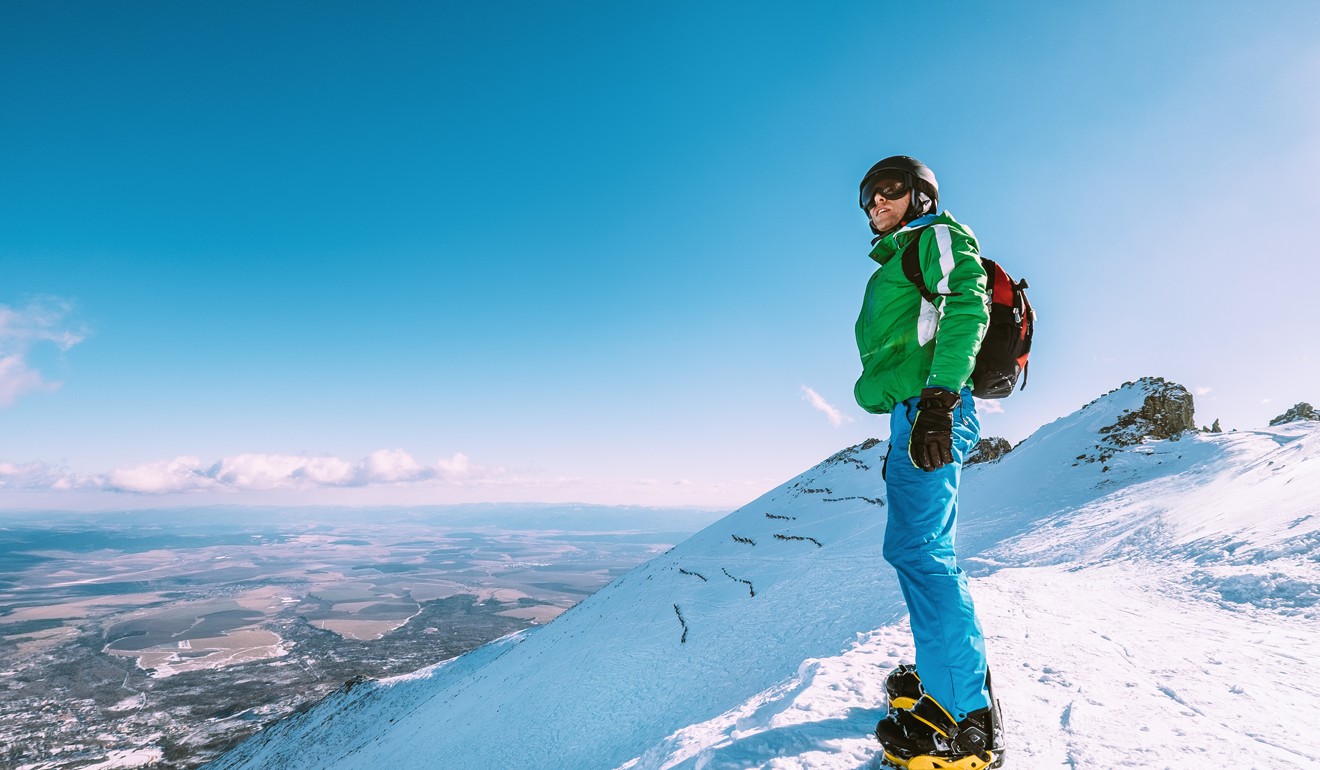
Which recording artist or album makes you nostalgic for your younger years and why?
I still feel like I have many ‘younger days’ to go. In my very early days, it was The Rolling Stones, later Dire Straits, then Coldplay. I’m also a fan of Ed Sheeran.
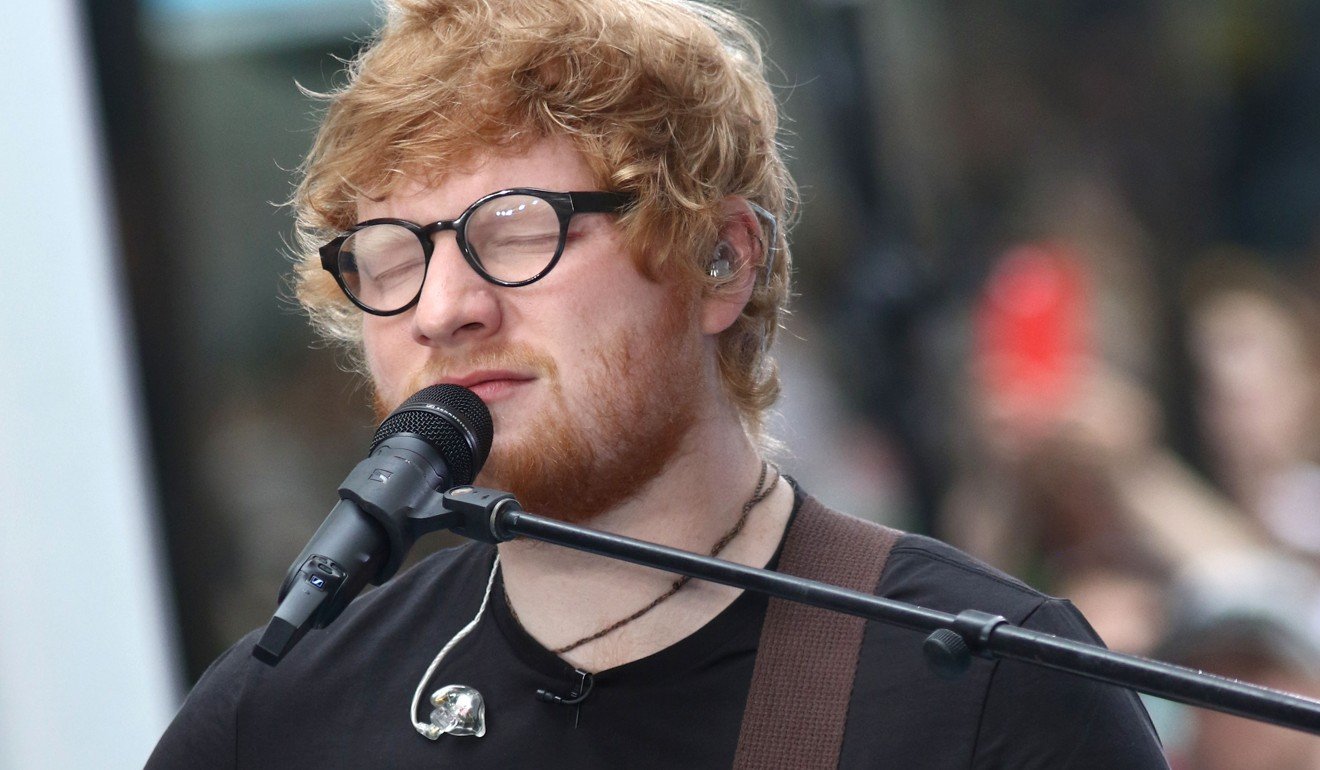
What signature dish would you cook to impress someone on a date?
I don’t cook. I love to eat out and then go clubbing – a habit from when my brother founded Lan Kwai Fong with Disco Disco. I love great food but I don’t drink.
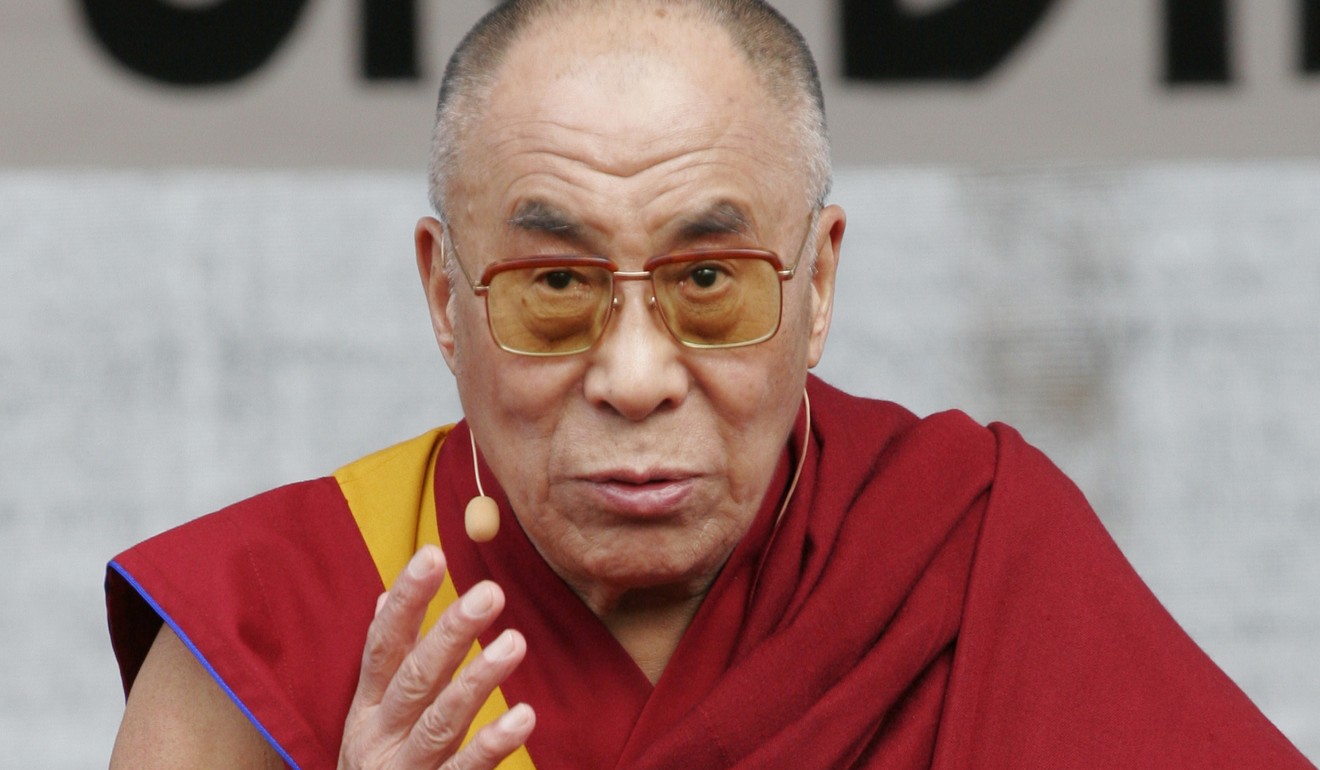
If you had to choose a favourite hero or heroine from history, who would it be and why?
This question reminds me of my debate stance when I attended a public school in Scotland. I guess my hero has changed over the years. I don’t really have heroes generally, but I do greatly admire the Dalai Lama and Mother Teresa. As a Buddhist, I’m quite spiritual.
Out of Place: The Trans Chinese Community Fighting for Gender Equality will be screened at The ONE in Tsim Sha Tsui on Sunday, September 17, at 7.50pm and at Broadway Cinematheque in Yau Ma Tei on Saturday, September 23, at 7.30pm.

